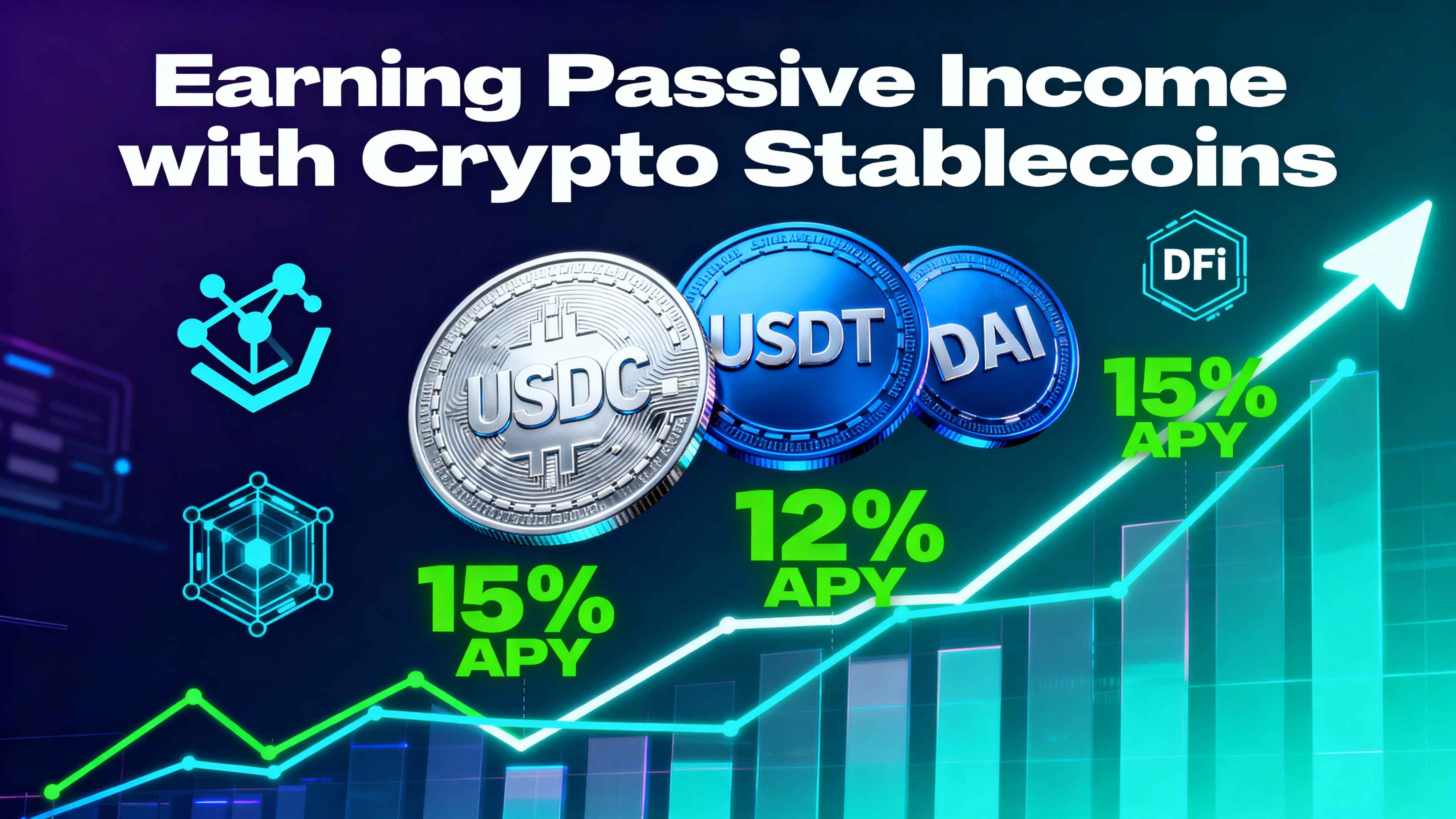
The Role of Blockchain in Web3: How Decentralization is Reshaping the Internet
Crypto BasicsBlockchain is the backbone of Web3, the decentralized evolution of the internet that shifts control from centralized platforms to individual users. While Web1 was static and read-only, and Web2 introduced interactivity but centralized control under corporations, Web3 leverages blockchain to enable transparency, security, and trustless peer-to-peer interactions. Blockchain provides a tamper-proof, distributed ledger for recording transactions and underpins innovations like smart contracts and decentralized applications (dApps), empowering users to own their data, participate in governance, and engage in a fair digital economy.
The Role of Blockchain in Web3: How Decentralization is Reshaping the Internet
The internet has become an indispensable part of modern life, influencing nearly every aspect of how individuals and businesses function in today's world. It facilitates communication, commerce, entertainment, education, and access to vast amounts of information. As our reliance on the internet grows, so do the challenges it faces, from data privacy concerns to monopolization by a few major platforms. These issues have driven discussions about how the internet can be restructured to better serve its users, ultimately leading to the emergence of Web3, a decentralized iteration that aims to return control to individuals.
 The Evolution of the Internet: Web1, Web2, and Web3
The Evolution of the Internet: Web1, Web2, and Web3
In our previous article, we have discussed about Web3. The internet has undergone several significant phases of evolution. The first phase, often referred to as Web1, emerged in the 1990s as a static and read-only platform. It allowed users to access information but offered little interactivity. Websites were relatively simple, and the majority of users were consumers of content rather than creators. The primary purpose of Web1 was to serve as a digital library, making data accessible on a global scale.
Web2, which took shape in the early 2000s, introduced dynamic content and increased interactivity, allowing users to create, share, and interact with information. Platforms such as social media, blogs, and e-commerce flourished during this period. However, Web2 is also characterized by the centralization of power, with a handful of corporations—such as Google, Facebook, and Amazon—dominating the space. These centralized platforms control vast amounts of user data and exert significant influence over content and monetization models.
Web3, the next evolution, promises to address the limitations of Web2 by introducing decentralization. Unlike its predecessors, Web3 envisions a more open and user-centric internet, leveraging blockchain technology to achieve its goals. In Web3, users are no longer just consumers or contributors but also stakeholders, able to own and control their digital assets and data without relying on intermediaries.
Web3 and Blockchain: The Pillars of Decentralization
At the heart of Web3 lies blockchain, a distributed ledger technology that enables decentralization. Blockchain allows for trustless, peer-to-peer interactions by ensuring transparency, immutability, and security without relying on a central authority. This shift from centralization to decentralization is fundamental to the Web3 movement, as it aims to redistribute power back to individual users and away from centralized corporations.
In Web3, blockchain plays a crucial role in verifying and recording transactions, whether financial or data-driven, across a decentralized network. Instead of trusting a single entity to manage and control the data, blockchain ensures that records are maintained by a network of nodes, making it tamper-resistant and transparent. Smart contracts, which are self-executing agreements encoded on the blockchain, are another key innovation in Web3. These contracts can automatically enforce the terms of agreements, reducing the need for intermediaries in areas such as finance, real estate, and supply chain management.
Decentralized applications  (dApps) are another important aspect of Web3. These applications run on blockchain networks rather than centralized servers, enabling greater privacy, security, and user control. Platforms like Ethereum and Solana have become popular bases for the development of dApps, where users can participate in decentralized finance (DeFi), gaming, or content creation without the oversight of a central entity.
(dApps) are another important aspect of Web3. These applications run on blockchain networks rather than centralized servers, enabling greater privacy, security, and user control. Platforms like Ethereum and Solana have become popular bases for the development of dApps, where users can participate in decentralized finance (DeFi), gaming, or content creation without the oversight of a central entity.
By decentralizing control and ownership, Web3 seeks to address many of the challenges faced by Web2. Issues such as data breaches, censorship, and monopolization could be alleviated by shifting to a decentralized framework. Users, through blockchain, are empowered to own their data, participate in governance decisions, and engage in a fairer digital economy.
Conclusion
The transition from Web1 to Web3 represents a significant shift in how the internet is structured and operated. While Web1 provided access to information and Web2 facilitated interaction and content creation, Web3 aims to decentralize control and ownership, giving users more power and autonomy. Blockchain technology underpins this transformation, enabling trustless interactions and reducing reliance on centralized entities. As Web3 continues to evolve, it holds the potential to reshape the internet by addressing some of the key challenges faced by previous iterations, creating a more open, user-controlled digital landscape. However, the full implications of Web3's decentralized model are still unfolding, and its impact on the broader internet ecosystem remains to be seen.





